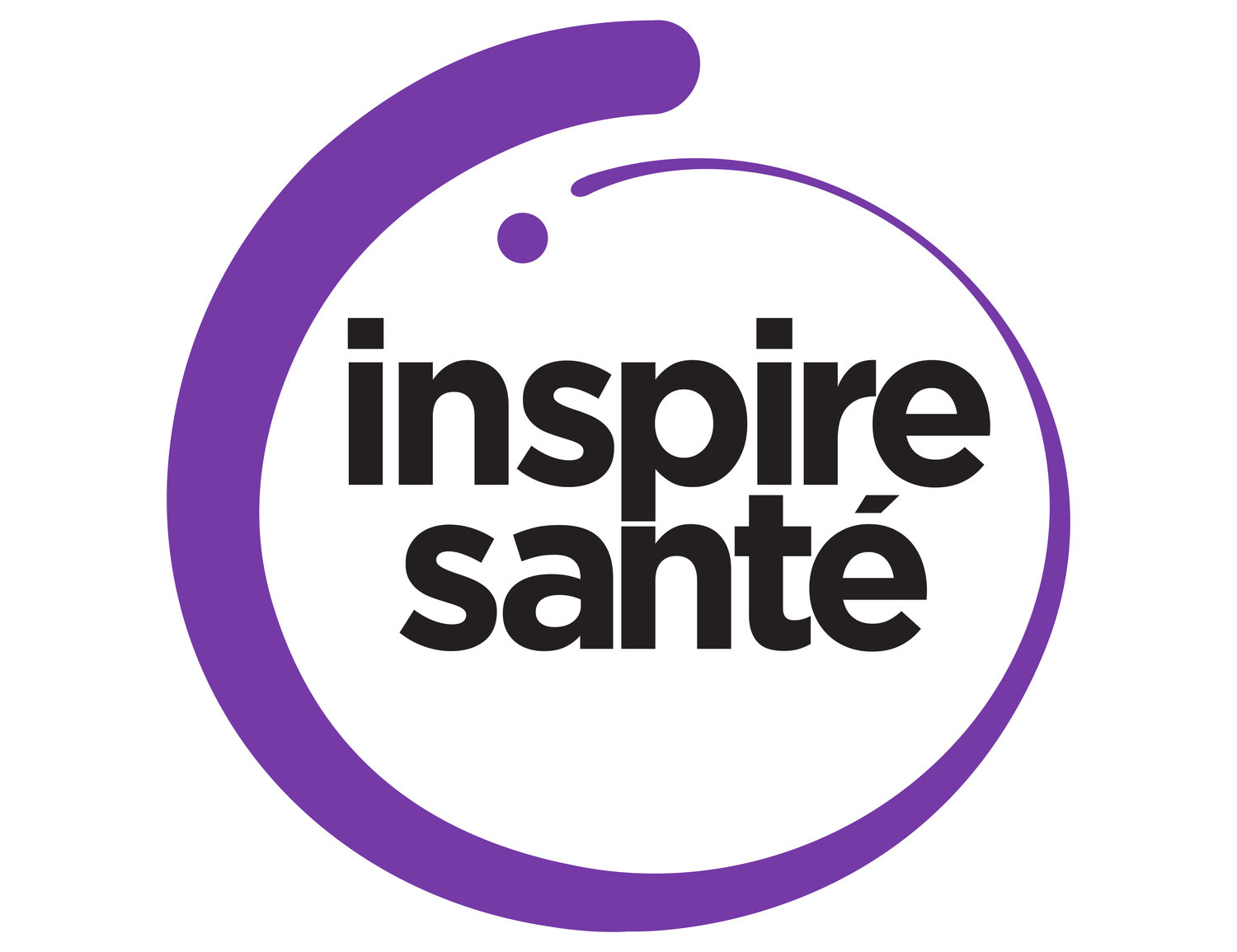Decision fatigue + chronic illness recovery: "I want to do everything!"
/If you’re not familiar with the concept of “decision fatigue,” I encourage you to read a bit about it. Generally, it describes the exhaustion that can set in when you’re weighed down by decisions. By focusing on micro-decisions like clothing, breakfast foods, or the best route to avoid traffic, you drain the energy you’ll need to focus on the macro-decisions awaiting you each day – things like problem-solving a big project at work, negotiating your new apartment lease, or quelling a feud with a family member. Essentially, the “little stuff” can feel overwhelming and make the “big stuff” feel nearly impossible to tackle.
There are lots of cool stories about how wildly successful people avoid decision fatigue. President Obama always wore the same suit, a strategy that Facebook founder and CEO Mark Zuckerberg has also adopted. By exercising in the morning, experts say you’re less likely to struggle with the decision as to whether you should workout, and you just do it. Other experts suggest turning the decisions that might otherwise bog you down into routines; i.e.: eat the same breakfast each day, take the same train each day, etc.
What’s this got to do with chronic illness, though?
When I was disabled by my pelvic pain, I had fewer big and small decisions on my plate. Many treatment decisions were made by my providers (or, honestly, by my financial circumstances or my insurance company). Otherwise huge decisions about my life – whether I should accept a particular job, whether we should cancel our wedding, and whether we should move across the country – were dictated by my illness. I didn’t get to choose whether to accept a ridiculously prestigious job offer after law school, because I wasn’t healthy enough to perform the job responsibilities. We were forced to cancel our wedding because I wasn’t well enough to participate in planning and was in languishing health. And we felt as if our only hope of me recovering was to move across the country – so that’s what we did.
This doesn’t mean that I focused on the small decisions or details of life either. I ate only what I could keep down amidst the medication side effects or excruciating pain that often had me vomiting much of the night. I chose clothing based only upon what I could tolerate. Which outfit had the fewest seams, the softest fabric, and the smoothest tags?
I often felt like my brain was rotting, yet I was too distracted by my pain to worry about that too much. Instead, I lay in bed all day with my dogs and binge-watched shows like Private Practice or Burn Notice. I didn’t read much – my meds often gave me a headache or made me dizzy, and just thinking about opening a book was exhausting. I don’t know how else I passed the time during the worst years, but the time did indeed pass.
Recovery is exhausting, too.
Then, after I turned down that fancy job and we cancelled our wedding and we moved across the country, I met an amazing physician and an incredible pelvic physical therapist. And I began recovering. Within weeks, I could walk a bit, and within months, I could walk a lot, kayak, and travel again. It took much longer before I could wear pants and underwear again, but I got a swim dress and swam in Lake Michigan that summer (just a few months after meeting my physical therapist); I adapted many other activities in similar ways and began regaining a sense of self.
Months after that, I started practicing yoga regularly, and by the time I made a full recovery just 16 months after meeting my physical therapist, I was incredibly active. I’d taken up indoor rock-climbing, I practiced yoga, and I’d tried barre, running, and countless other activities.
Now, nearly three years after my official “recovery date” (although it didn’t really work that way, it was the last of my regularly scheduled physical therapy visits), I find myself plagued with decision fatigue about big and small choices that face me each day. I now have a successful law firm with my husband and also run Inspire Santé's day-to-day operations. I have frequent speaking engagements, vacations, and social plans. Plus, I love working out. My workouts make me feel strong, energized, and able – they’re one of the most reassuring reminders that I’m now healthy, and that makes them so empowering. They’re also one of the biggest sources of social engagement for me, as I frequently meet friends for yoga classes and have befriended many of my yoga teachers.
“You’re better, but you’re still human.”
At the beginning of each week, my husband and I review our calendar. He frequently notes that I have daily (if not more) workouts scheduled – often grueling classes that we both know will be physically and mentally draining (kickboxing, anyone?). “Yes, you’re better. But you’re also still human.” He’s a wise fella, but I often still insist that I can do what’s on the calendar. I’m strong enough and well enough. Inevitably, I run low on energy around Wednesday, and the thought of cramming a barre class, Soul Cycle birthday party, and hot yoga date with friends into the week’s few remaining days makes my head spin. I start cancelling plans and feel like crap about it.
Then, each day, I torment myself about whether or not I’ll be working out that day. Even after cancelling on a friend’s Soul Cycle birthday party, I compulsively check my yoga studio’s schedule for the day. I tell myself that I may be tired, but I’m not so tired that I can’t take a restorative yoga class. I think about how wonderful I’ll feel afterwards, and that collides with how exhausted I feel that very moment. I wear myself out with this exchange almost daily. More often than not, it makes me so tired that I scrap the workout altogether. This is my current decision fatigue dilemma. I’m better now, and I want to do everything. But sometimes I’m so desperate to do absolutely everything I desire that I end up lacking the energy to do anything at all. And then I feel crummy about spending the evening laying in bed watching Netflix just like when I was sick (even though it’s for entirely different reasons and has absolutely nothing to do with being sick). Arg. See how torturous this is? It’s all part of the challenge of being recovered (see previous post about that transition!).
I want those years back.
It feels unfair that I don’t get back my lost time. My friends crammed hundreds of yoga classes into their twenties while I was laying in bed watching Netflix. I’m still coming to terms with the fact that I’m not entitled to recover those years and experiences. It’s instead my choice to live my best life now, and to make the most of each day now that I’m healthy. It wasn’t “fair” for me to endure so much hurt, but there’s no reckoning for that. I don’t believe that everything happens for a reason, and I don’t believe that there’s meaning in suffering. There’s no fathomable reason that I needed to endure what I did, but the immutable fact remains that it happened. And so, I’ve chosen to use my experience to help others, which is why I founded Inspire Santé. It’s why I’ve decided to wrestle with some of these challenges in a public way, rather than pretending like everything’s fine and that recovery’s been a walk in the park.
I’m insanely grateful for the health that I enjoy today, but I’m also frustrated by the fact that I still experience things like fatigue and muscle soreness. I think that frustration is borne of so many years feeling like I was on the sidelines, and my current yoga practice is playing a huge role in helping me cope with that frustration. The meditative aspect of yoga encourages me to be in-tune with my body, a sense that often reminds me of its strength while forcing me to be mindful of its boundaries. Physical and mental limits are normal, and my personal resilience is clearest on my yoga mat – which is why I’m headed to the studio next.
© 2018 Inspire Santé, NFP





